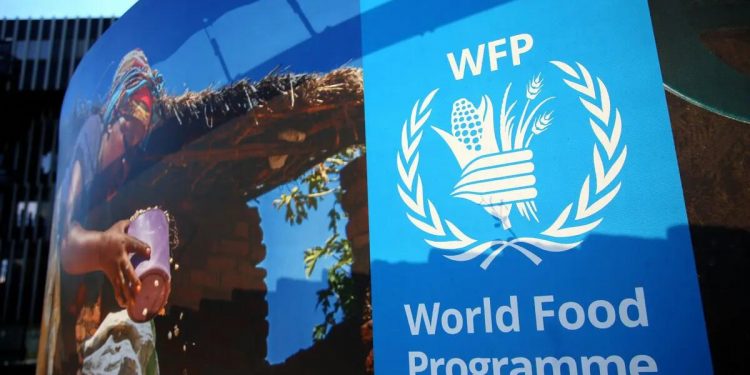The United Nations World Food Programme (WFP) has initiated its annual food assistance program in partnership with the Nigerian government and other nations across West and Central Africa. This year’s program, scheduled from June to August, aims to alleviate hunger during the lean season, a critical period when food supplies dwindle and hunger peaks.
Target and Funding Challenges
The WFP plans to assist 7.3 million people across the region, a figure significantly lower than the estimated 55 million people projected to face severe food insecurity. This shortfall means that approximately 87% of food-insecure individuals will not receive the necessary support due to funding limitations. The organization has stated that the number of people it could potentially assist could rise to 12 million if sufficient funding is secured.
Countries and Scope of Assistance
The lean season assistance program supports national government response plans in several countries:
– Burkina Faso
– Cameroon
– Central African Republic
– Chad
– Mali
– Mauritania
– Niger
– Nigeria
This initiative is part of the WFP’s broader efforts to mitigate the severe hunger crisis in the region, exacerbated by various factors.
Underlying Causes of the Crisis
The food security crisis in West and Central Africa is among the worst in a generation, driven by:
– Conflicts: Ongoing violence and instability disrupt food production and distribution.
– High Food Prices: Inflation and economic shocks lead to increased food costs, making it unaffordable for many.
– Climate Crisis: Adverse weather conditions affect agricultural productivity, leading to food shortages.
– Economic Shocks: Market disruptions, currency depreciation, and rising costs of fuel and agricultural inputs further strain the region’s food systems.
Specific Challenges in Nigeria
In Nigeria, the crisis is particularly severe:
– Projections by the International Rescue Committee (IRC) indicate that about 16% of Nigeria’s population will face severe hunger during the lean season.
– The Food and Agricultural Organisation (FAO) estimates that the number of people facing a food crisis in Nigeria could rise from 26 million to 32 million in 2024.
– The World Bank reports that seven states in Northern Nigeria are likely to experience a severe food security crisis in 2024 due to insecurity and climate change.
Implications
The projected assistance from the WFP will only address roughly 13% of the total 55 million people expected to face severe hunger during the lean season. This stark disparity underscores the urgent need for increased funding and support from international donors and the global community to expand the reach of food assistance programs and prevent a full-scale humanitarian disaster.










